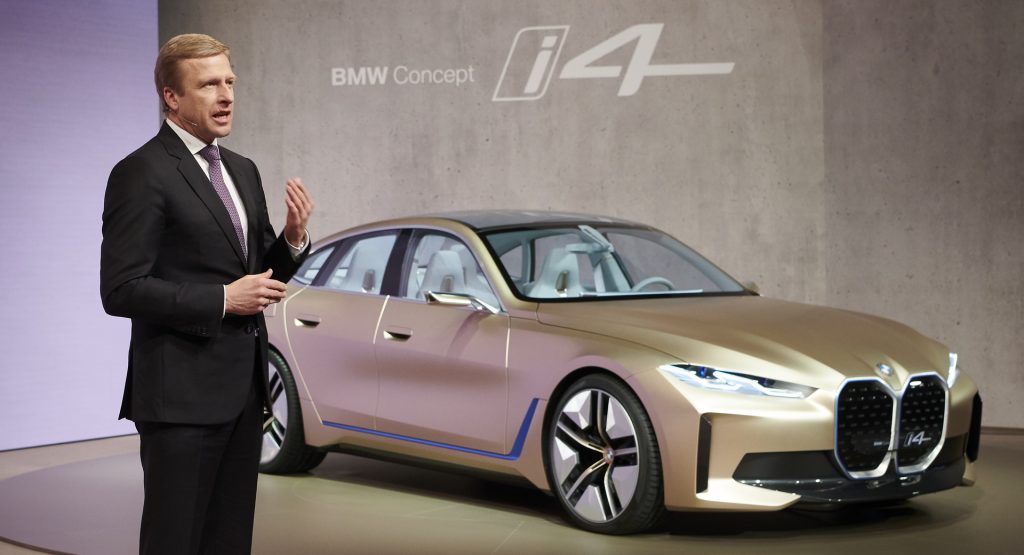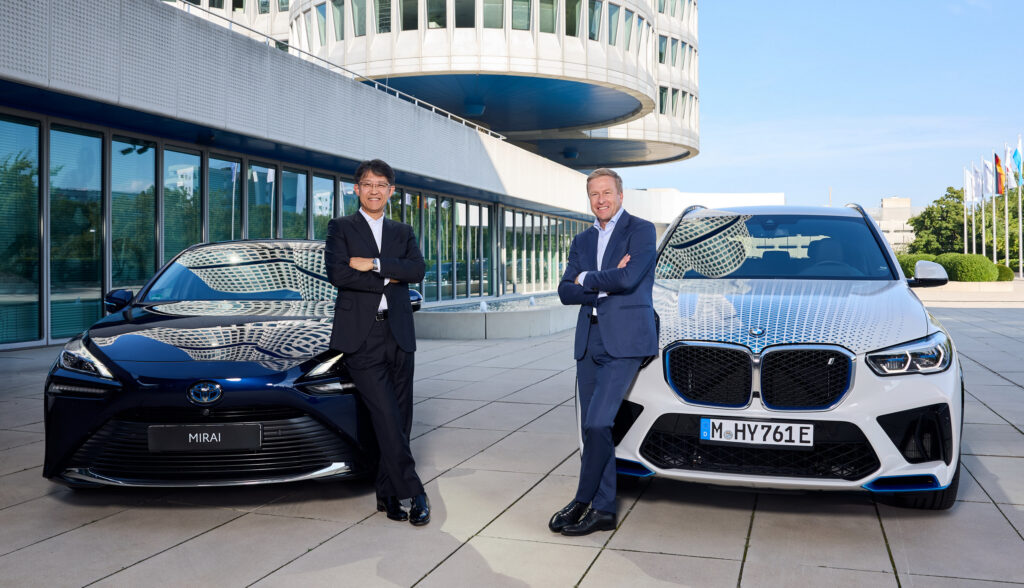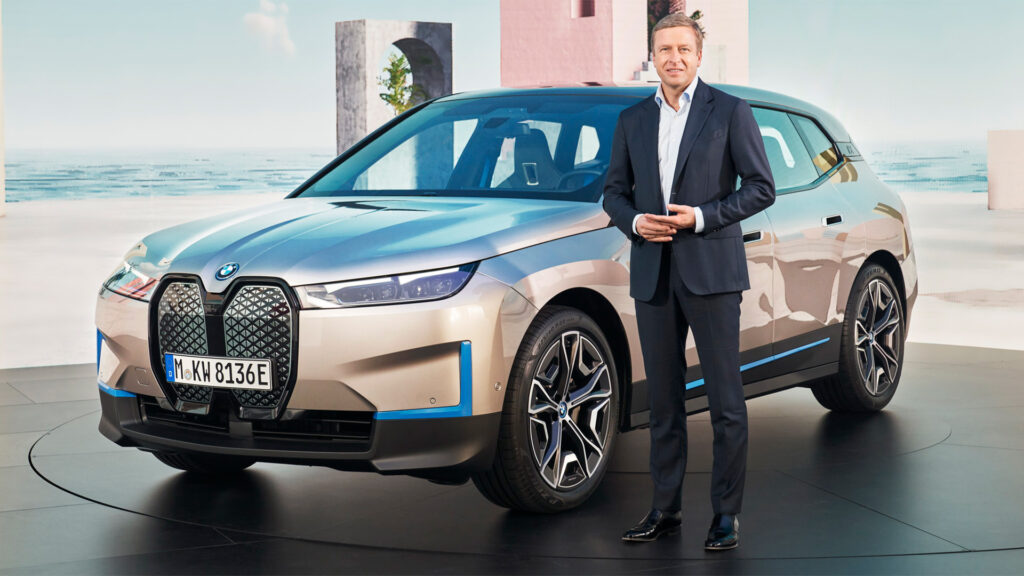- BMW’s CEO argues that Europe’s 2035 ban on combustion engines is unrealistic and could increase reliance on Chinese batteries.
- Oliver Zipse advocates for a new regulatory framework that leverages Europe’s technological strengths and promotes innovation.
- BMW is also opposing proposed EU tariffs on Chinese-made EVs, warning they could have unintended economic consequences.
BMW wants Europe to relax its plan to ban new petrol and diesel-powered cars from 2035 onward, in an effort to reduce the region’s reliance on batteries from China. While many automakers have fully embraced electrification, BMW is opting for a more diversified strategy. In addition to battery electric vehicles (BEVs), the company is investing in alternative technologies such as e-fuels and hydrogen fuel cells, betting that the future of mobility won’t be driven by batteries alone.
At the this month’s Paris Auto Show, BMW’s CEO, Oliver Zipse, made it clear that Europe needs a new regulatory approach, one that leverages its own strengths in technology and doesn’t hinge so heavily on battery imports.
Read: BMW, Mercedes Against EU Tariffs On Chinese EVs, Say It Could Backfire
“A correction of the 100% BEV target for 2035 as part of a comprehensive CO2-reduction package would also afford European OEMs less reliance on China for batteries,” Zipse said according to Auto News. “To maintain the successful course, a strictly technology-agnostic path within the policy framework is essential.”
Doubling down on his concerns over Europe’s readiness to phase out gasoline and diesel engines, Zipse stated at the same event, as reported by Bloomberg, that the European Union’s targets “are no longer realistic” and that current subsidies for electric vehicles are “unsustainable.”
Whether or not Zipse’s statements will play a role in any possible changes to European regulations remains unclear. However, he is far from the first executive of a major carmaker to suggest the ICE ban needs to be reexamined. Earlier this year, Porsche chief financial officer Lutz Meschke also suggested the ban could be delayed.
Pushback from Key EU Nations
Officials from Germany and Italy also refused to provide their outright support for the ban and were instrumental in the European Commission adding an exemption for ICE-powered vehicles powered by CO2-neutral fuels.

A review of the current targets has been scheduled for 2026 and the head of France’s PFA auto association added in Paris that it’s important parties “come back around the table” to discuss any possible changes.
Interestingly, this isn’t the first time Zipse has thrown his hat into the debate. Three years ago, he stated that BMW would be ready for any ICE bans, emphasizing that the brand would “have an offering” if any “region, a city, a country gets the idea of banning ICEs.” Still, even back then, he indicated that an outright ban on combustion engines might not be the smartest move for the future.




